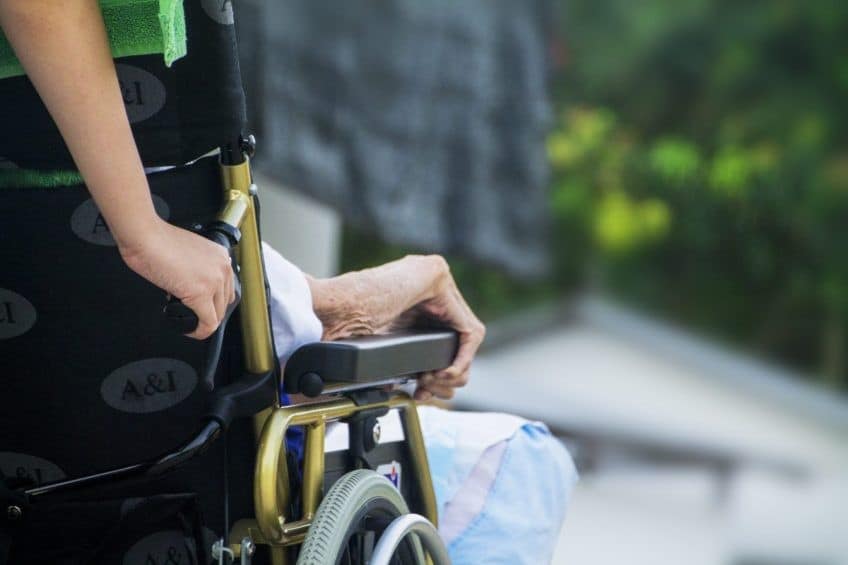Healthcare Surrogate Designation Not Enough To Bind Nursing Home Arbitration Agreement
Nursing Home AbuseIn the case of Manor Oaks, Inc. d/b/a Manor Oaks Nursing Home & Rehabilitation Center, v. Rosemarie Campbell, as Personal Representative of the Estate of Stanley Chanson, Case Number 4D18-3297 (Fla. 4th DCA July 31, 2019), Florida’s Fourth DCA held that a nursing home arbitration agreement signed upon admission only by a healthcare surrogate and not someone with a durable power of attorney was not valid and enforceable.
Arbitration Agreement Signed By Healthcare Surrogate
Mr. Chanson signed a document entitled “Durable Power of Attorney Containing Health Care surrogate Provisions” in 2009. In 2016, at age 86, he was admitted to a nursing home using that document. As a condition of admission, the nursing home had the healthcare surrogate sign an arbitration agreement for any and all claims, including negligence.
The agreement, despite being entitled “durable power of attorney” actually contained no authority except to make medical decisions and did not meet the requirements of Florida’s statute regarding durable powers of attorney. it was for all intents and purpose a true healthcare surrogate rather than a durable power of attorney.
The trial judge did not enforce the arbitration agreement.
Interpretation of Powers of Attorney
Powers of attorney will only be held to grant powers that are specified. See Estate of Irons ex rel. Springer v. Arcadia Healthcare, LC Spring, 66 So. 3d 396 (Fla. 2d DCA 2011). As such, a court can compel arbitration when a POA makes either a specific grant of such authority or when it unambiguously makes a broad, general grant of authority to the attorney-in-fact. Sovereign Healthcare of Tampa, LLC v. Estate of Huerta ex rel Huerta, 14 So. 3d 1033 (Fla. 2d DCA 2009).
Likewise, POA’s are “strictly construed and will be closely examined in order to ascertain the intent of the principal.” De Bueno v. Castro, 543 So. 393 (Fla. 4th DCA 1989).
Don’t Be Afraid To Check Into Things
If you have a loved one who has been injured in a nursing home and there is an arbitration agreement that prevents you from suing for negligence, you should request an actual copy of the agreement and take a look at the circumstances upon which it was signed. This would have been an easy case to overlook and accept merely based on the title but when you dive deeper into, there was a real legal issue.
Get help with your case to see if there are any real legal issues with your loved one’s nursing home case. A Lakeland nursing home attorney can help you determine whether there is a case with merit or not. Call us today for a free consultation to see whether you have a case.
